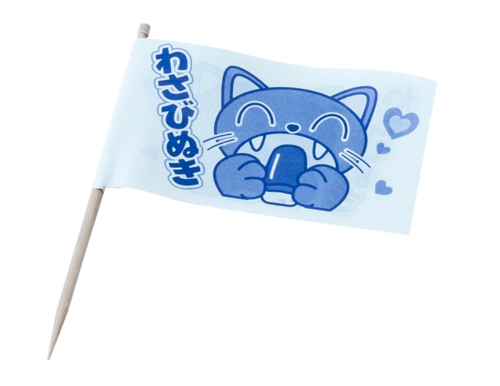What is the difference between endings なし and 抜【ぬ】き when you want to exclude a certain ingredient from food? Aside from 氷【こおり】なし when ordering soft drinks, I thought that for most other things 抜【ぬ】き should be used. But my friend has been saying 卵【たまご】なし to get rid of an egg, so I'm curious when which one of those is appropriate.
2 Answers
As a customer, using either one is completely fine. Among us native speakers, it is like each person has a habit of using one over the other.
Point is each eatery tends to use one word over the other among its staff members as well, meaning that even when you order by saying, for instance, 「[卵]{たまご}なしで = "with no eggs"」, your waiter/waitress might reply by saying 「卵[抜]{ぬ}きですね?」. This happens quite often but do not be discouraged because they are just using 「抜き」 almost as a house rule. It is not that they are trying to correct you because you used the wrong word.
-
12I'm glad you point that out because I always take those kinds of altered repetitions as corrections– ssbCommented Jul 28, 2014 at 23:46
Although similar, there is a small semantic difference between the two words.
抜き(ぬき)
Meaning: leaving out; omitting; skipping
As an example, at a conveyor belt sushi restaurant in Japan, if you order sushi without wasabi, you may get a little flag to indicate that the sushi comes without wasabi.
If it is typical or expected for a restaurant to serve sushi with wasabi then ぬき emphasises that something has been left out, removed or excluded.
なし(無し)
Meaning: without
The word is very similar to ない, which means something that does not exist.
なし is often used to refer to people whereas ぬき is often used to refer to ingredients. (氷なし being a strange exception to that rule)
-
Re your last paragraph, are you saying that 卵なし is less natural than 卵抜き? I think they are both common and natural (like the accepted answer says). Commented Feb 27, 2020 at 15:56
-
@DariusJahandarie True, the nuance is so small in most cases. I wanted to cover more about the meaning of each words that hasn't been included in the accepted answer.– Ambo100Commented Feb 27, 2020 at 16:30

